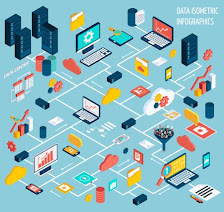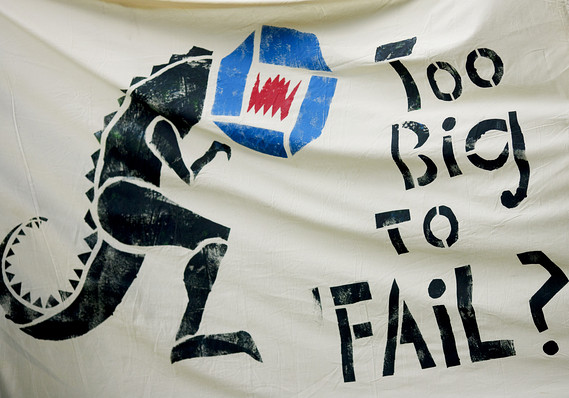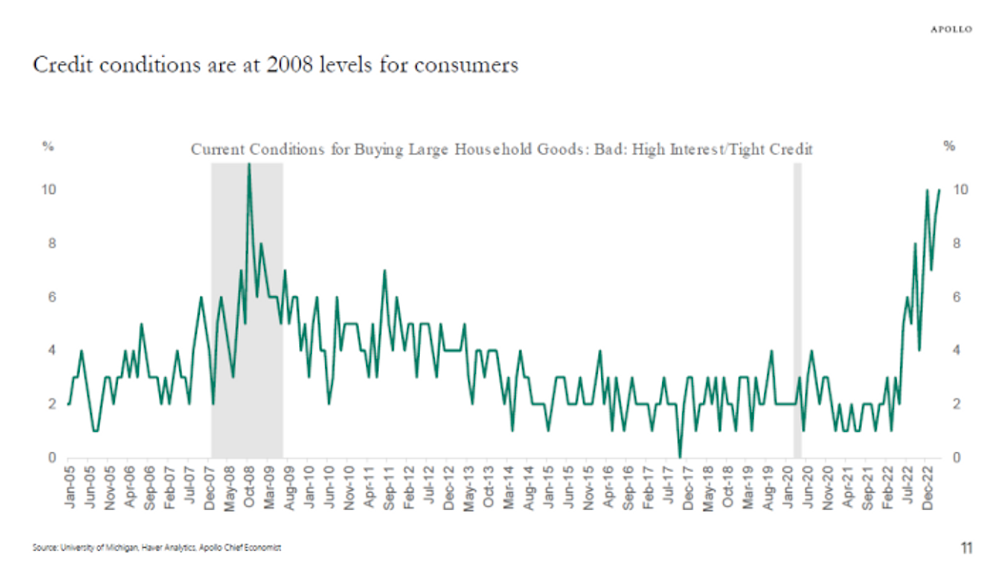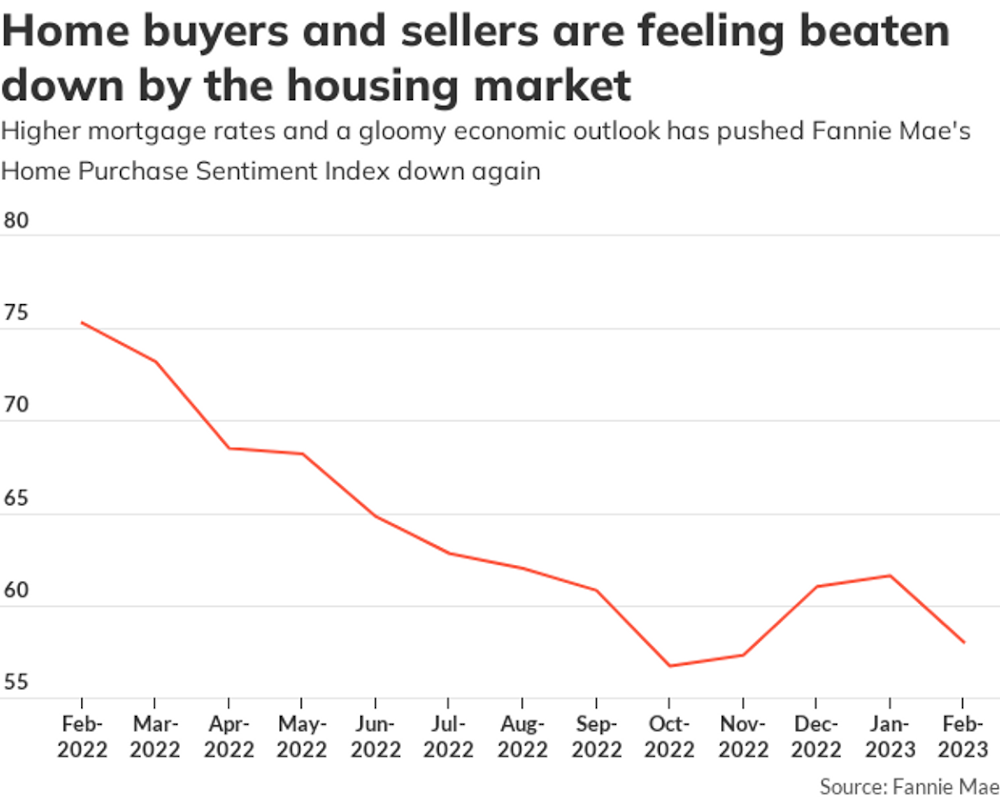The Wall Street Journal
General Electric Co. and Intel Corp. said they plan to form a jointly owned company to continue their collaboration in home health-care. Financial terms of the arrangement weren't disclosed, though the companies described the ownership of the new venture as 50-50.
The companies, which struck an alliance in 2009, have been working on technologies to help elderly patients and those with chronic diseases. A key focus has been managing medical conditions from home, reducing the need for costly stays in hospitals and assisted-living facilities. Intel, the Silicon Valley giant known for selling chips for personal computers, in 2005 established a digital health group to target the health-care field. GE has a health group that sells a variety of products to hospitals and health-care professionals, and in 2008 founded a division focusing on home health-care. The new venture will combine assets of the Intel group and the GE division. Louis Burns, general manager of Intel's digital health group, will become the new company's chief executive, transferring along with "hundreds" of Intel employees, he said. Omar Ishrak, senior vice president of GE and CEO of its Healthcare Systems Group, will become chairman of the new company. Messrs. Burns and Ishrak said setting up a separate company should speed the delivery of innovations to the market. "The alliance worked great," Mr. Burns said. "We think we are on the right path, but we might as well go a lot faster." "GE and Intel have not been exactly speedy" in this category, said Laurie Orlov, an analyst with Aging in Place Technology Watch. She said Dutch firm Royal Philips Electronics NV and others have led the market for home health-care products for the elderly, a market she predicts will reach $20 billion by 2020. She says the joint venture is an opportunity for two giant blue-chip companies to become "more fleet of foot." One major hurdle facing GE and Intel in the U.S. is that Medicare and private insurers don't currently offer reimbursement for home health-monitoring systems. "Independent streams of revenue we think will fund this market as it grows," said Mr. Ishrak. He said consumers will pay for the services and ask health-care insurers and governments to pay as well. Intel doesn't break out financial results from its digital health group. It included the group's results in a general category of other operations apart from its chip business, which reported an operating loss of $284 million on revenue of $970 million in 2009. GE's health-care unit posted revenue of $16 billion in 2009, down 8% from the $17.4 billion in 2008. Profit dropped 17% to $2.4 billion from $2.9 billion. Mr. Ishrak confirmed the company's home health-care and patient-monitoring revenues were less than $100 million in recent years.
Welcome
stock market phases theorem.
Chief Artificial Intelligence.
Academic training in Fundamental Mathematics.
IA basada en Razonamiento Humano
Billie, Founder with academic training in Fundamental Mathematics and professional experience in Large Multinationals in the Information Technology sector, having held positions in high-level management positions, maintains that it is time to reduce Unproductive Public Expenditure and help the Private Sector in everything that is possible.
Cortesía de Investing.com
Cortesía de Investing.com
Agenda Macro
Calendario económico en tiempo real proporcionado por Investing.com España.




















No hay comentarios:
Publicar un comentario